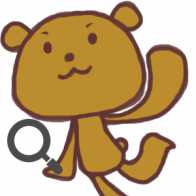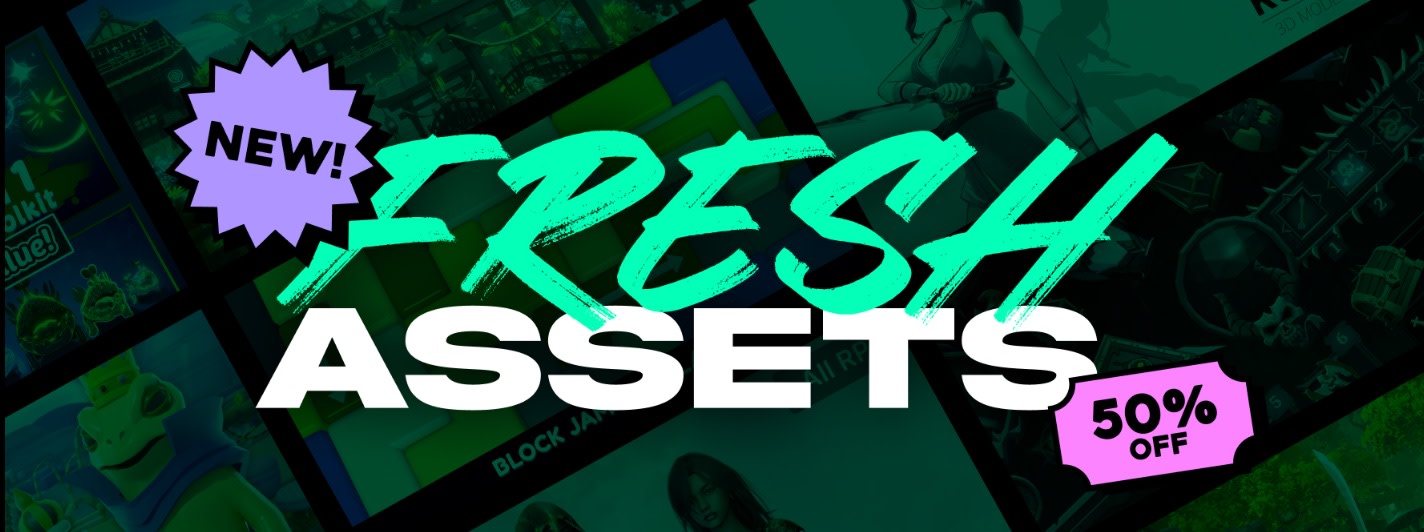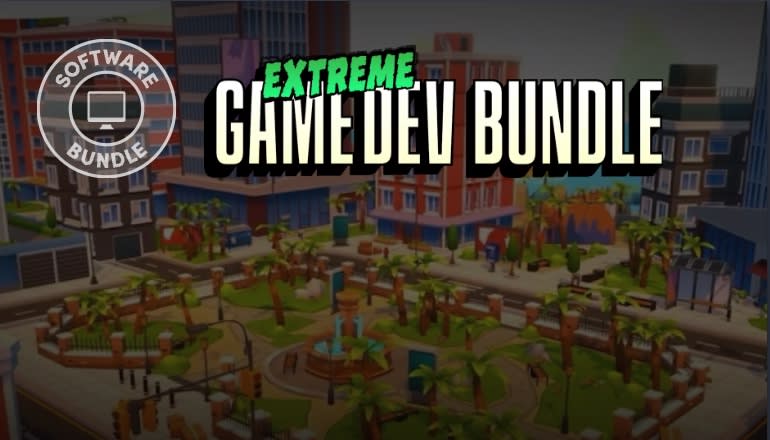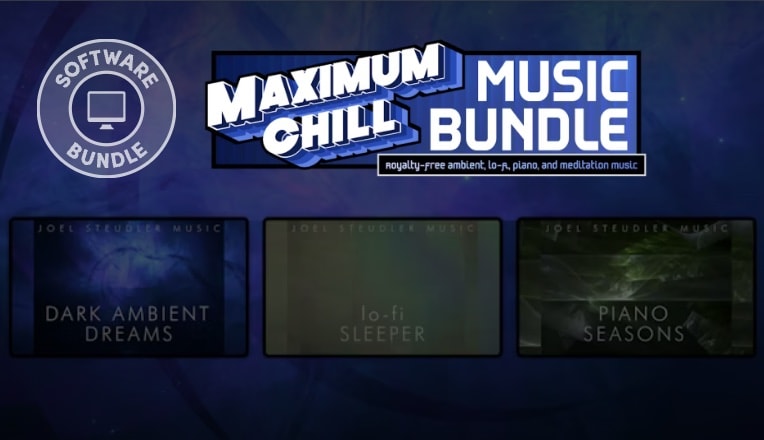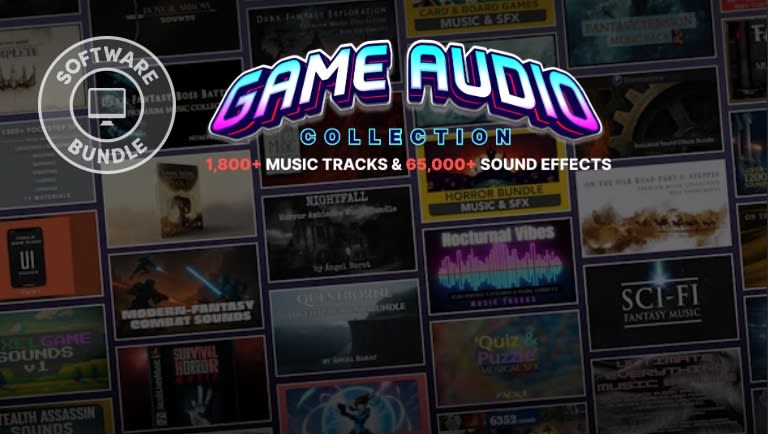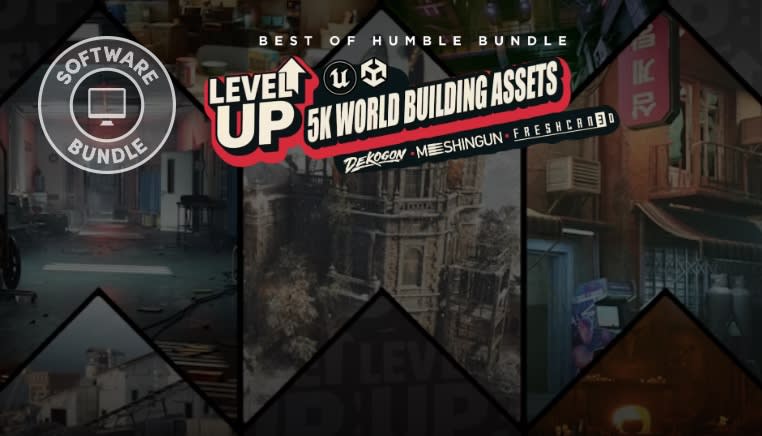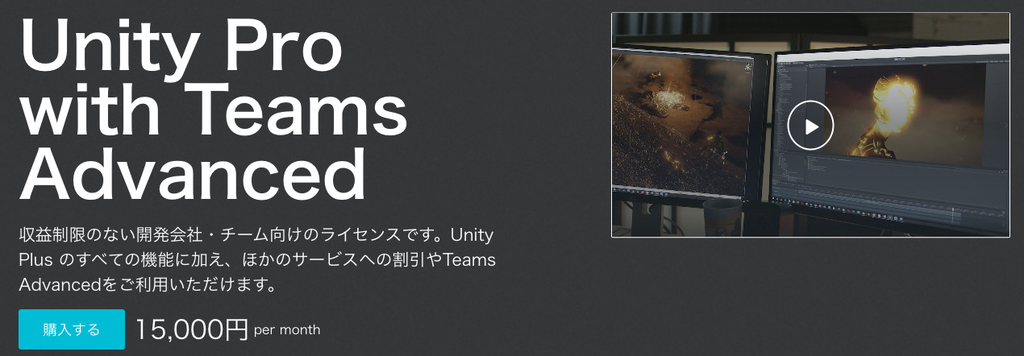
The ToolBox is designed to make development tasks easier for you, which might otherwise cost you unnecessary time or clicks.Homepage | Documentation | SupportIn its origin, the ToolBox is a private project to make my own work in Unity easier. It is a collection of small helper scripts, each of which performs different tasks.The scope of the ToolBox is limited in the sense that at the beginning it only contains functions that seemed privately practical to me. Of course an extension by suggestions of users is always possible.The features are arranged in five sections of the interface. Each of these sections has a description and a name.Start, pause and stop the play modeStopping the play mode with a key combination (left Shift + Escape)Display the 'ToolBox Menu' in the GameView when the play mode is running. (use the menu to load all scenes in the build or to pause or stop play mode)Display the 'Play Mode Console' to see output in the GameView (left Shift + Tab)Manage the scenes in the project (Scenes in the build, Scenes in the project (and not in the build), Hide scenes in both lists)Automatically save scenes when starting Play ModeSave the opened ScenesOpen / create new ScenesParent management for objectsLock position, rotation, scaling of GameObjectsReset position, rotation, scaling of GameObjects globally or locallySet scaling globally or locally Uniform (e.g. to prevent distortion during rotation)Export and import Unity Packages (normal or silent/automatic)Export Asset Bundlesfind GameObjects with missing components / scripts in active Scenes (remove missing components, disable GameObjects, remove GameObjects from scene)The Menu and Console will NOT be included in the build. They are pure editor functions. An installation of a Menu and / or a console into the project may (if desired) become features of later versions of the ToolBox, but this is not planned so far.
